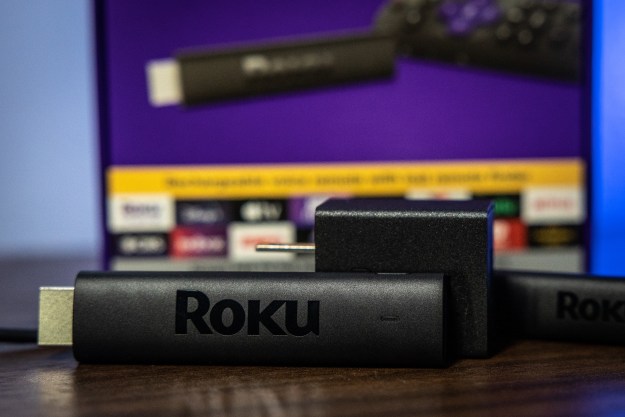It’s been just over a month since Google and its smart assistant (aptly named Google Assistant) stole the show at CES 2018. In January, we were given a sneak peek at everything that we can expect from the Alexa competitor in the coming months, from smart displays to Android Auto to having Assistant in your ear. And now, we know that Google will be expanding not only Assistant’s capabilities but its geographic reach as well. At the Digital News Initiative (DNI) summit in Amsterdam last week, the tech giant announced that Google Assistant will be in 30 more countries by the end of the year.
Per a slide from Google’s presentation published on Twitter, countries that will soon be getting the gift of Assistant include the Netherlands, Sweden, Saudi Arabia, Italy, and Russia. As a result of this expansion, Assistant should be available in 52 countries by year’s end. In addition to its new homes, Assistant will also be learning a slew of new languages. In total, the smart helper will support 17 additional languages including Indian, Dutch, Russian, and Arabic.
This represents a big step forward for Assistant, which is currently available in rather limited geographic regions. Indeed, the artificial intelligence tool is available only in the United States, United Kingdom, Japan, Germany, France, Canada, India, and Australia, for the time being, and speaks only English, German, Japanese, Korean, Portuguese, Spanish, Italian, and French. And while this is soon to change, it’s still unclear as to exactly what timeframe Google is targeting for its rollout. After all, there is plenty of time between now and the end of 2018 for the company to make good on its promise.
Expanding Google Assistant’s language capabilities could be enormously helpful in Google’s quest to outpace Amazon’s Alexa, the incumbent in the space. After all, despite Alexa’s many abilities, she’s still quite limited in terms of her reach — currently,
But if Google and Amazon begin competing to see who can better serve their customers around the world first, you certainly won’t catch us complaining about it.
Editors' Recommendations
- I’ve finally given up on the Google Pixel Tablet
- What is Bixby? How to use Samsung’s AI assistant
- Google is launching a powerful new AI app for your Android phone
- Google is expanding Fast Pair, casting to more devices
- 8 Google Assistant settings you should disable or adjust


